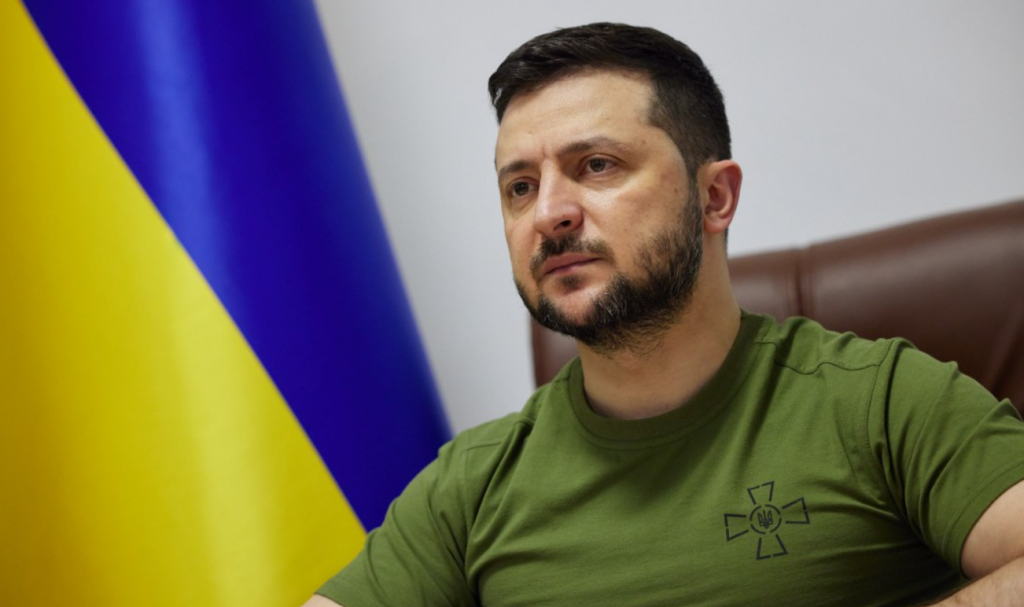Ukrainian President Volodymyr Zelensky responded strongly.
Others are reading now
Ukraine’s aspirations to join NATO and the European Union have been central to its foreign policy for years.
Supporters argue that membership in these organizations would provide security guarantees and economic stability.
Critics believe it could escalate tensions with Russia and complicate diplomatic relations.
The ongoing war has made the debate even more pressing, as Ukraine continues to seek stronger alliances with Western nations.
Also read
A recent statement by Karol Nawrocki, a presidential candidate supported by Poland’s ruling party, has stirred controversy, according to WP.
Russian Forces at Poland’s Border
Speaking to Polsat News, he said that he does not see a place for Ukraine in NATO or the EU at this time.
He cited the dispute between Poland and Ukraine over the exhumation of victims of the Volhynia massacre as a reason for his stance.
Ukrainian President Volodymyr Zelensky responded strongly. In an interview with four Polish media outlets, he said:
“If Ukraine is not in the EU and NATO and does not have security guarantees, then Karol Nawrocki should start training because he may have to take up arms alongside his fellow countrymen to defend Poland.”
The remarks sparked discussions among Polish politicians. Senator Krzysztof Kwiatkowski said that while Zelensky’s words were not ideal, Nawrocki’s statement was even more problematic.
Tomasz Trela from the Left Party agreed with Zelensky, arguing that if Ukraine falls, Russian forces will be at Poland’s border.
Paweł Sałek from the ruling party stated that Zelensky should not interfere in Poland’s presidential campaign.
“Poles will choose their president. Other presidents should not be involved in our election,” he said.
The debate extended to NATO membership criteria. Konrad Berkowicz from the Confederation Party argued that border issues must be resolved before a country can join.
When questioned, he clarified that he was referring to the ongoing conflict and Russian occupation of Ukrainian territory.
His remarks drew sharp criticism. Tomasz Trela accused the Confederation of siding with Russia.
“They are much closer to the East than the West. Calling them Russian agents is justified,” he said.

